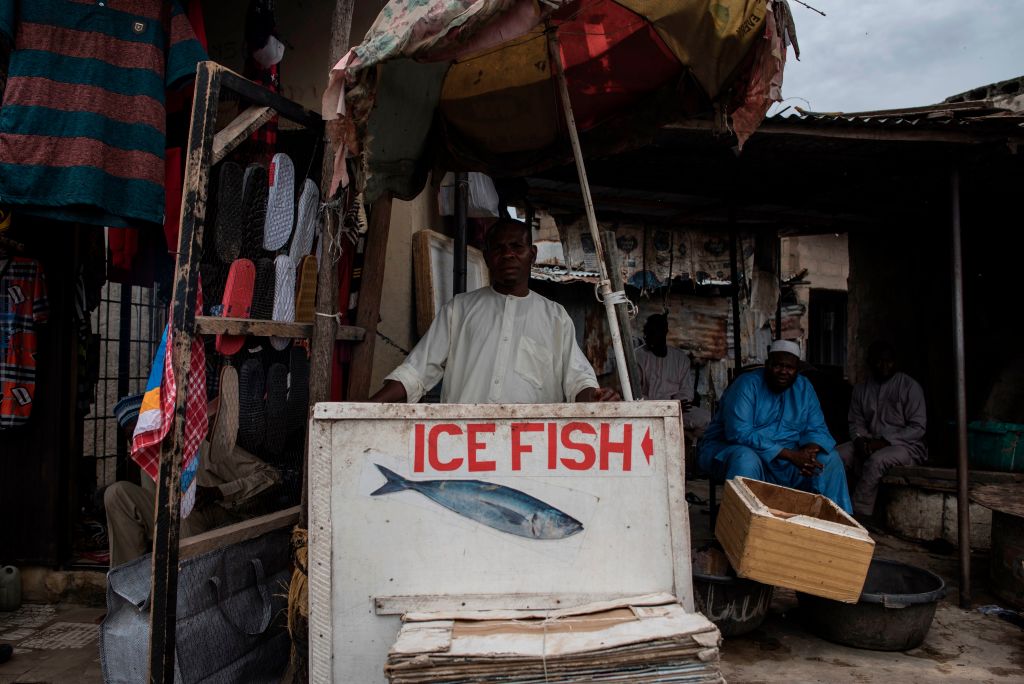ADF STAFF
Nigerian officials hope to use South African technology to help protect their nation’s marine resources.
The technology would help Nigeria monitor the movement of vessels anywhere in its waters, George Moghalu, managing director of the Nigerian Inland Waterways Authority, said in a report by the Independent Nigeria newspaper.
Moghalu said in late September that he exchanged visits with a South African technology company, but he did not name the company. The unspecified technology could help combat illegal, unreported and unregulated (IUU) fishing, piracy, kidnapping, and weapons and drug smuggling, among other sea crimes.
“We visited them and they visited us and we now presented our challenge because we want to be in a position to monitor all our waterways and they have the technology,” Moghalu told the newspaper. “There is a technology they are going to deploy so that I will be in the control room in Lokoja and be able to monitor all the vessels that operate in our waterways.”
IUU Fishing in Nigeria
Due to an influx of industrial trawlers, IUU fishing is as rife in Nigeria as it is in other parts of West Africa. In 2018, the Nigerian Navy reported that the country loses $70 million annually, primarily due to Chinese trawlers that fish illegally.
The American Fisheries Society reported in 2019 that fisheries resources in Nigerian coastal waters were being fished almost at full capacity, with 80% of fisheries collapsed, overexploited (meaning the annual catch is 10% to 50% of historical peak catch) or fully exploited (the catch is greater than 50% of historical peak).
FishBase, a research institute, lists more than 60 fish species native to Nigeria as vulnerable or critically endangered.
Illegal fishing and other sea crimes drive food insecurity. From 2014 to 2016, 6.6% of Nigeria’s population experienced severe food insecurity. From 2018 to 2020, the country’s prevalence of food insecurity rose to 21.4%, according to Statista.
Nigeria has taken recent steps to enhance maritime security. In 2021, the nation launched its Deep Blue Project, a multipronged approach to confronting crime in the Gulf of Guinea. The $195 million effort brings together a mix of ships, aircraft and drones to patrol the busy shipping lanes off Nigeria’s coast.
In June, the project added two unmanned aircraft systems, nine interceptor patrol boats and 10 armored vehicles to its maritime security assets, according to Homeland Security Today.
“With the deployment of the assets of the Deep Blue Project, we are entering another level of national security designed for total spectrum maritime security and better domain awareness using some of the latest technology,” Dr. Bashir Jamoh, director general of the Nigerian Maritime Administration and Safety Agency, told Maritime Executive. “This effort to secure our waters will give Nigerians more leverage to harness the enormous resources of our maritime environment and aid the drive towards economic diversification.”

